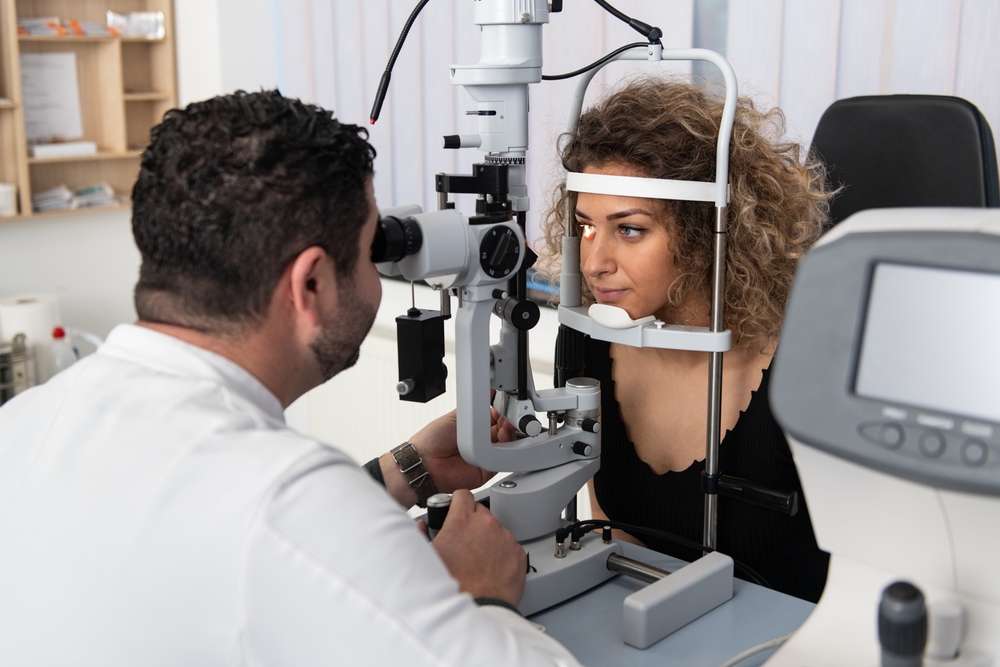Opticore Optometry Group Blog
Learn more about optometrist care in our blog!

Rigid Gas Permeable (RGP) contact lenses are known for their durability, crisp vision correction, and long-term value. Unlike soft lenses, RGP lenses maintain their shape on the eye, providing clear and consistent vision - especially for patients with astigmatism, keratoconus, or more complex prescriptions.

Screens are an unavoidable part of modern life. From working on computers and scrolling on smartphones to streaming TV and gaming, our eyes are exposed to digital devices more than ever before.

In today’s digital world, screens are everywhere - from computers and tablets to smartphones and smart TVs. Whether you’re working, studying, or relaxing, hours of daily screen use have become the norm.

When it comes to your vision and eye health, routine exams play a vital role in detecting issues early and preventing long-term damage. While many people are familiar with comprehensive eye exams for updating glasses or contact lenses, medical eye exams focus on diagnosing, managing, and treating eye diseases and other medical conditions that affect the eyes.

When it comes to protecting your vision, many people focus on getting new glasses or contact lenses - but true eye health goes much deeper. The retina, located at the back of your eye, is responsible for converting light into signals your brain can interpret as images. Because so many serious eye conditions begin in the retina and show little to no early symptoms, regular retinal screenings play a crucial role in preserving your sight.

Dry eye is one of the most common eye conditions people experience, yet many don’t realize how much their daily surroundings can influence their symptoms. If your eyes often feel irritated, scratchy, or watery, it may not just be your eyes - it could be your environment. Let’s explore what dry eye is, how your environment plays a role, and what you can do to find relief.

During the summer months, children spend more time outdoors enjoying the sunshine, sports, and play. Beyond the benefits of exercise and fresh air, research shows that outdoor activities may also play an important role in reducing the risk of myopia, or nearsightedness.

Contact lenses have come a long way from standard prescriptions. Today, specialty contact lenses offer advanced vision correction for patients with unique eye conditions or irregular corneas. At Opticore Optometry Group, we specialize in fitting a wide range of custom lenses for patients who need more than what traditional contacts can offer.

At Opticore Optometry Group, we believe that early detection is key to preserving your long-term vision. We use advanced diagnostic tools like Optical Coherence Tomography (OCT) to see detailed cross-sections of your retina. This scan plays a critical role in identifying a range of eye conditions, often before any symptoms appear.

Traditional exams accomplish this through visual acuity tests, refraction checks, and a brief look inside the eyes - often with dilation. At Opticore Optometry Group, we use this cutting-edge tool to go beyond the basics, offering a wider, more detailed look at your retinal health without the discomfort of dilation.











